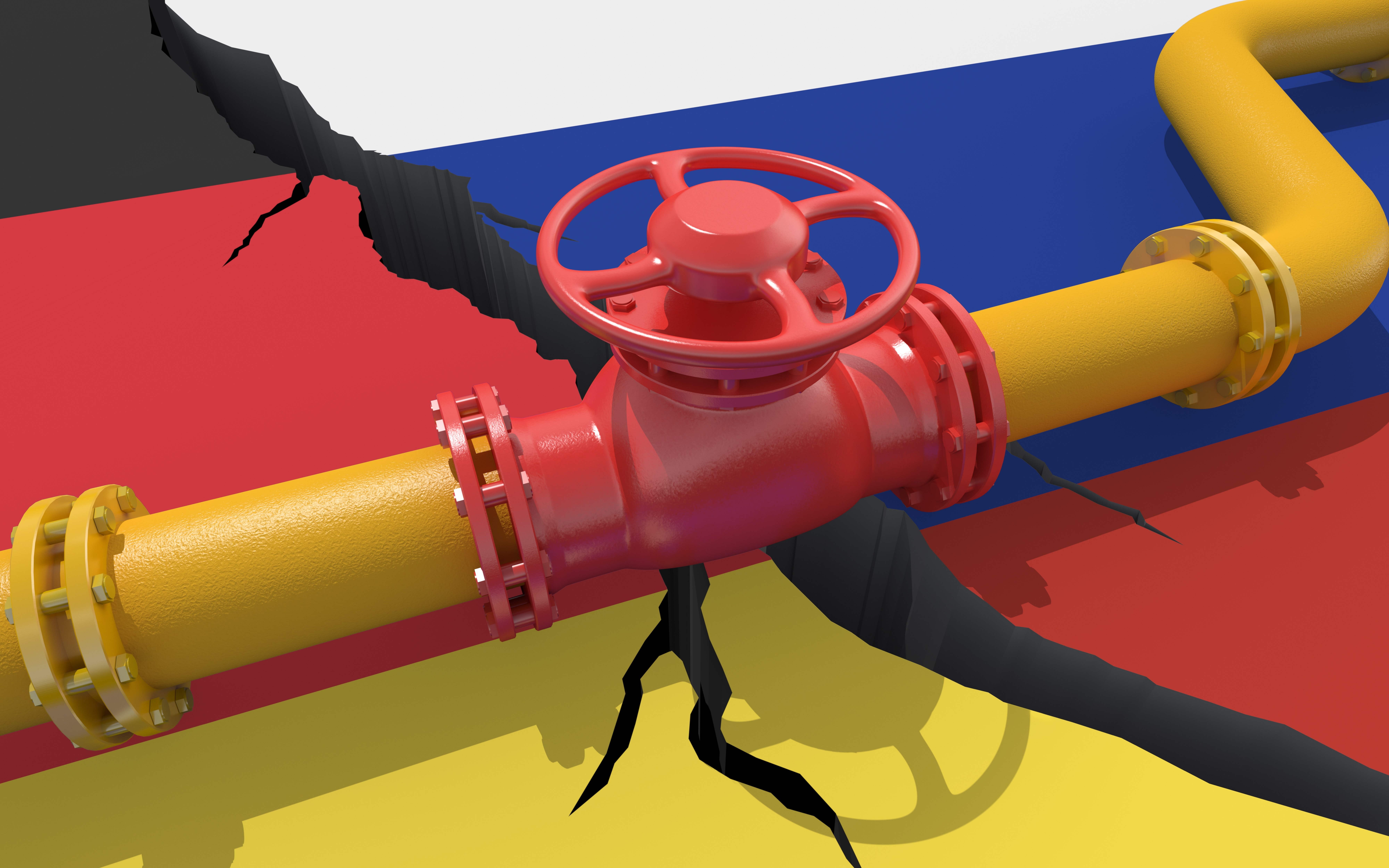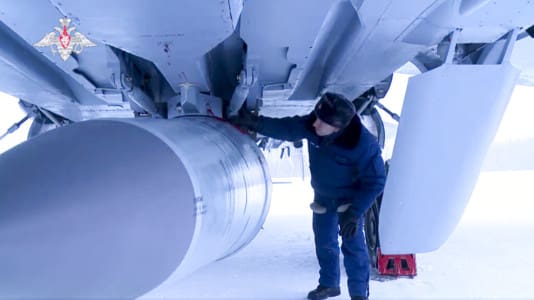The Germans are facing an energy crisis of massive proportions due to their decision to bend to American pressure and shutdown the Nord Stream 2 gas pipeline following Russia’s invasion of Ukraine., said Zoltán Kiszelly, a political scientist and director of the influential Center for Political Analysis of the Századvég Foundation based out of Hungary.
Kiszelly told Hungarian news outlet Origo that German Chancellor Olaf Scholz did everything he could while serving as minister of finance to allow Nord Stream 2 to come online. However, once chancellor, Scholz changed course. According to Kiszelly, if the Germans had acted wisely and kept Nord Stream 2 open, they would not be in the situation they are now. Instead, they would have cheap energy and much of their problems would be solved immediately.
Germany currently features a mostly left-wing government made up of the Social Democrats, the liberal Free Democrats, and the Green Party. Their plan to levy a gas tax that will burden German households and slam industry is being met with sharp criticism, with Kiszellly asking why the costs are being passed on to German consumers instead of gas importers. He said he does not understand why the German government would choose such a path.
This gas surcharge will not only hit gas consumers hard, but according to the European Commission, they will also have to pay value added tax (VAT) on the levy.

The Hungarian political scientist says that the German government is trying to make the people of the country pay for the losses of the gas traders, which means the average German family will have to cough up an average of €300 to €400 more this year. This represents a clear shift of the burden to the German people, all as a policy promoted by the left-wing government.
The Germans are now begging the Russians for more gas, with flows reduced to 20 percent of their average. If the Germans reopened Nord Stream 2, the price of gas would fall dramatically, and in turn, would likely reduce the revenue Russians could earn from an elevated gas price.
The Germans bent under pressure from the Americans to shut Nord Stream 2 because they are more afraid of the Americans than they are of the Russians, said Kiszelly.
He also pointed to the European Commission’s “Fit for 55,” plan which is designed to reduce carbon emissions by 55 percent by 2030. This plan could dramatically burden European businesses, and the current situation regarding fossil fuels like coal illustrates the difficult position Europe has put itself in. Kiszelly points to how the Poles, the Czechs, and the Germans are trying to replace Russian coal with Colombian, South American, and Australian coal shipped from the other side of the world, thereby increasing carbon emissions along the way.
In turn, Africa is also producing more and more oil and gas, which will increase the importance of the continent in terms of Europe’s energy security. This may help temporarily, but since the European Commission wants to get out of fossil energy completely by 2050 at the latest, it is not a sustainable model, and Africans cannot rely on it permanently. This is what the Qataris and the Norwegians also say. For example, Scholz was recently in Norway and wanted to discuss the Norwegians opening new gas fields in the North Sea, but Norway already wants to be climate neutral by 2030, so this is an unrealistic request.
In addition, solutions put forward to install more oil refineries and LNG terminals also present serious problems. Before investments can pay off on such huge construction projects, the EU countries will have to stop importing significant amounts of oil and gas to comply with the green transition.
Regardless, capacity is already tied up, and the Norwegians cannot produce more while the Arabs and OPEC+ only want to increase production minimally to keep energy prices high, as they know that in 10 to 15 years, they will not be able to sell as much. According to Kiszelly, it actually makes sense for them to maximize their profits now while the Europeans are in a distressed situation.





